What To Know Before Buying an Adjustable Homecare Bed for Seniors
As we age, most of us would prefer to maintain our routine and keep in touch with the community.
But as we age, health and mobility issues can often mean something as simple as getting in and out of bed becomes harder. At the same time, increased frailty or health issues may mean we need to spend more time in bed; and a regular bed might not offer the support we need to rest comfortably.
A homecare bed is a specialised bed that can help anyone experiencing reduced mobility, health issues or illness. These beds are similar to hospital beds, with the ability to adjust the head and foot sections for comfort and support.
Homecare beds are often recommended for people with conditions like sleep apnea, arthritis and poor circulation, as well as respiratory problems and back and neck tension because the bed can be adjusted to a comfortable resting position. They are also suited to people with hip and back problems, who may have difficulty standing from a low bed.
If you’re considering a homecare bed for yourself or your loved one, here are a few things you should know.

Different types of homecare beds
Homecare beds aren’t all the same and it’s important to get one that offers the features you need.
Electric homecare bed - This is a fully adjustable electric homecare bed similar to a modern hospital bed. The bed is operated using a remote control which to raise and lower the height, as well as position the head and feet sections. This bed offers the greatest flexibility for most seniors and their carers.
Semi-electric homecare bed - Similar to an electric homecare bed, the semi-electric bed features a hand control to adjust the position of the head and feet. However, to raise or lower the bed you’ll need to use a manual hand crank. This might be okay if you won’t need to adjust the height frequently, or your loved one has a carer who can help them get out of bed.
Manual homecare bed - These homecare beds are adjusted only using hand cranks. They are often the most affordable option, but don’t offer a great deal of flexibility.
Questions to ask before getting a homecare bed
Once you’ve narrowed down your preferred type of homecare bed, consider these questions to identify the right one for you.
How much time will you spend in bed each day?

One of the benefits of a homecare bed is the ability to adjust the position of the head, back and legs for different activities. This allows you to sit up comfortably for reading, eating and chatting with friends, which is ideal if you’re going to spend a lot of time in bed.
Just make sure you choose a homecare bed that offers the widest range of positioning options, as well as a mattress designed for extended use.
How will your needs change over time?
A homecare bed can be a significant investment and so it’s important you consider not just how you’ll use it now, but what support you may need as your condition progresses. If you foresee only needing a homecare bed for a short period, then it may be better to rent rather than buy.
But if you expect that you or your loved one will need more care over time, consider a homecare bed with features that can adapt as the situation changes. This might include the ability to add accessories like a bedrail or drip holder, or one that can be lowered to prevent injuries from rolling out of bed.
Is style a consideration?
Often it’s unavoidable that for medical equipment to look anything but, well, medical. But in the case of homecare beds, new models are now reflecting the aesthetic of a modern bedroom which allows them to blend in with the decor.
These beds feature a low profile and fabric-covered headboard that wouldn’t look out of place on a furniture store showroom floor. While not suitable for every user, they are ideal for seniors who want to maintain the style of their home while getting the support they need.
Looking for more information on the different types of homecare beds and how to choose the right one? Find out more in our Buyer's Guide to Adjustable Homecare beds or contact the team at Mobility HQ for personal advice.

















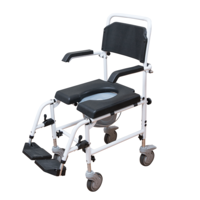
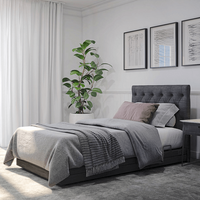
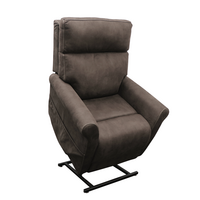
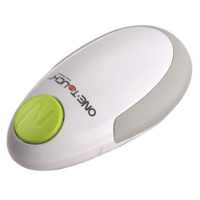
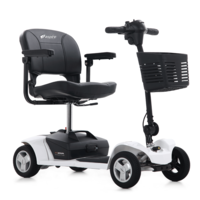

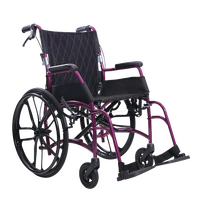
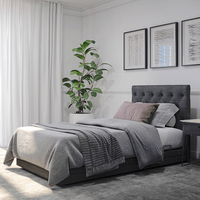



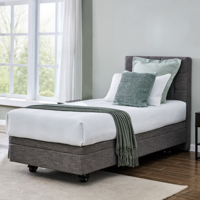
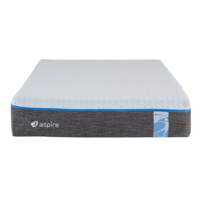
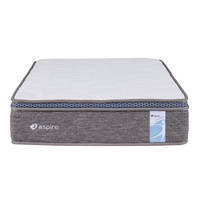


.png)